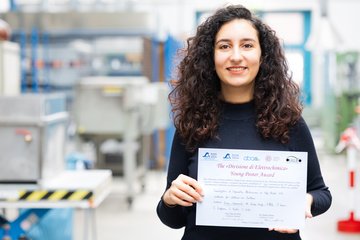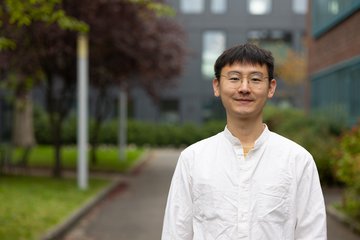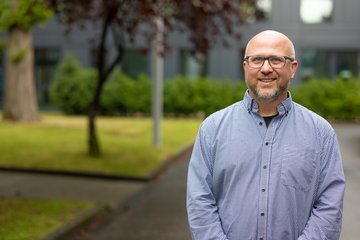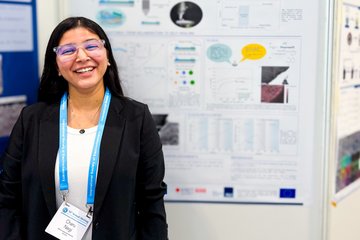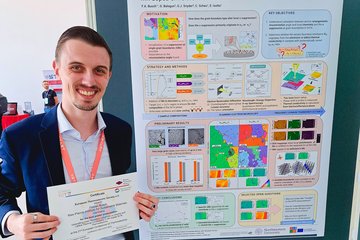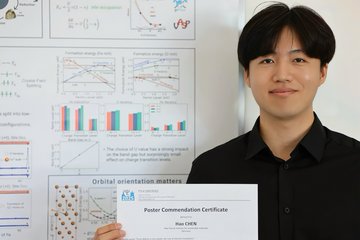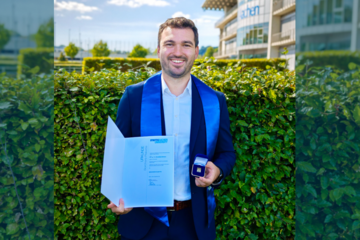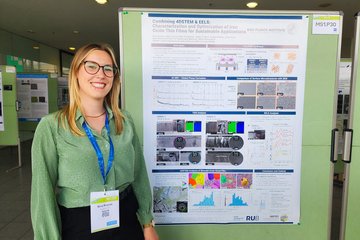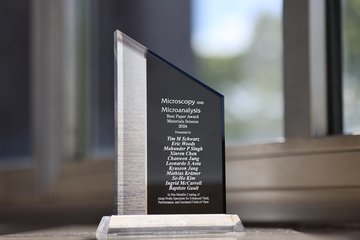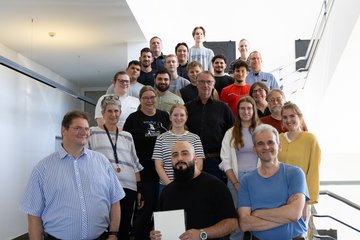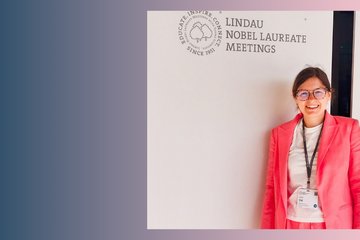Harnessing artificial intelligence to revolutionize materials design
Dr. Anurag Bajpai wins Humboldt fellowship
Dr. Anurag Bajpai has been awarded a research fellowship by the Alexander von Humboldt Foundation, enabling him to advance AI-driven materials science at the Max Planck Institute for Sustainable Materials (MPI-SusMat). As the new leader of the "Artificial Intelligence for Materials Science" research group, he is working to revolutionize the design, analysis, and optimization of materials through novel artificial intelligence technologies.
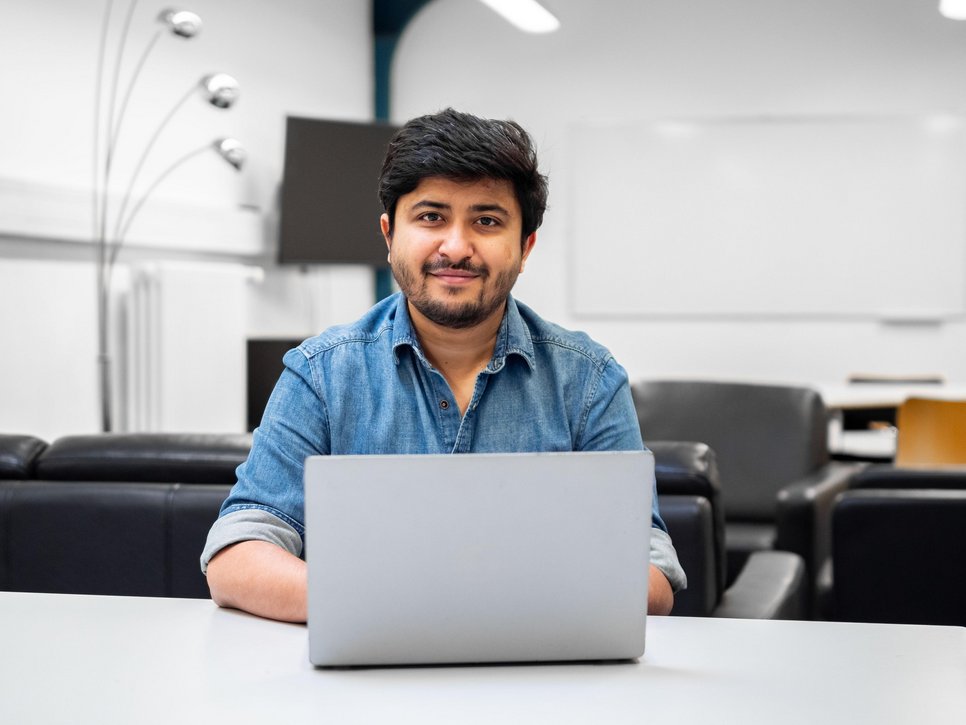
“One of the primary bottlenecks in our field has been the labor-intensive and time-consuming nature of experimental work, especially when analyzing large datasets or exploring the vast compositional space of alloys for properties such as mechanical strength, thermal stability, and corrosion resistance. AI can help streamline this process by eliminating repetitive, redundant tasks,” explains Bajpai.
His research group has already made significant strides in this direction. By utilizing advanced AI models, the group has successfully automated the discovery of new structural and functional materials. Their framework efficiently analyzed millions of alloy compositions and identified optimal combinations for key properties like yield strength and heat resistance. This approach drastically reduces the need for trial-and-error experimentation. Additionally, Bajpai’s group has harnessed AI's power to process vast amounts of scientific literature and experimental data, extracting hidden insights that are otherwise difficult to detect. Scanning over six million research papers, they identified hidden high-entropy alloy compositions based on contextual relationships between alloying elements.
One of the group's most significant achievements lies in automating the analysis of experimental data. Applying AI to atom probe tomography (APT), they achieved over 98% accuracy in recognizing and categorizing crystal structures. This arduous task would traditionally have required time-consuming manual analysis. By doing so, they have opened new avenues for automating data interpretation in microscopy, diffraction, and spectroscopy.
“Our long-term vision is to build a fully integrated AI framework capable of closing the loop between materials discovery, composition optimization, and data analysis. This enables autonomous research systems where AI not only processes data and suggests optimal material compositions but also learns from experimental results to continuously refine predictions. This would free scientists to focus on high-level decision-making and creativity, where human intuition and expertise remain irreplaceable,” says Bajpai.
The Humboldt Foundation fosters academic collaboration between leading international scientists and researchers in Germany. Its fellowships are awarded to researchers with excellent qualifications and strong research profiles. Since recipients can choose any host institution in Germany, the award is a significant honor for both the individual and the institution hosting them.

